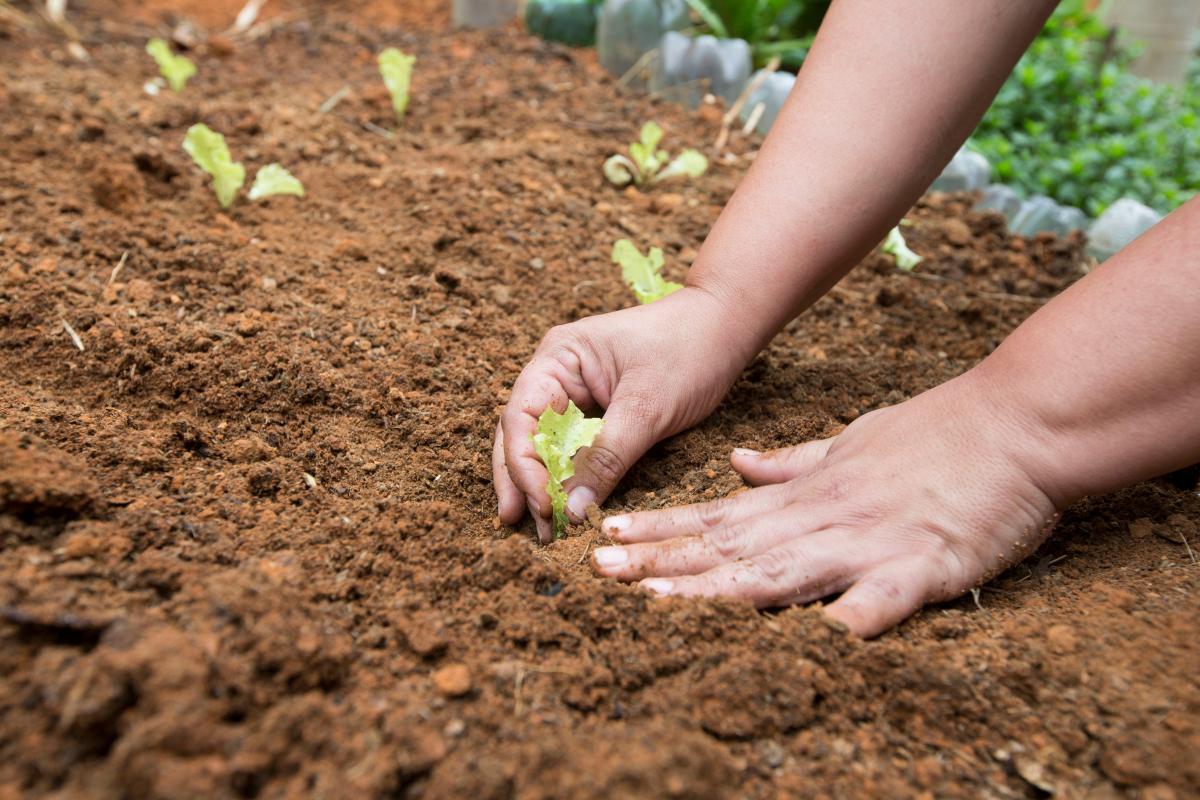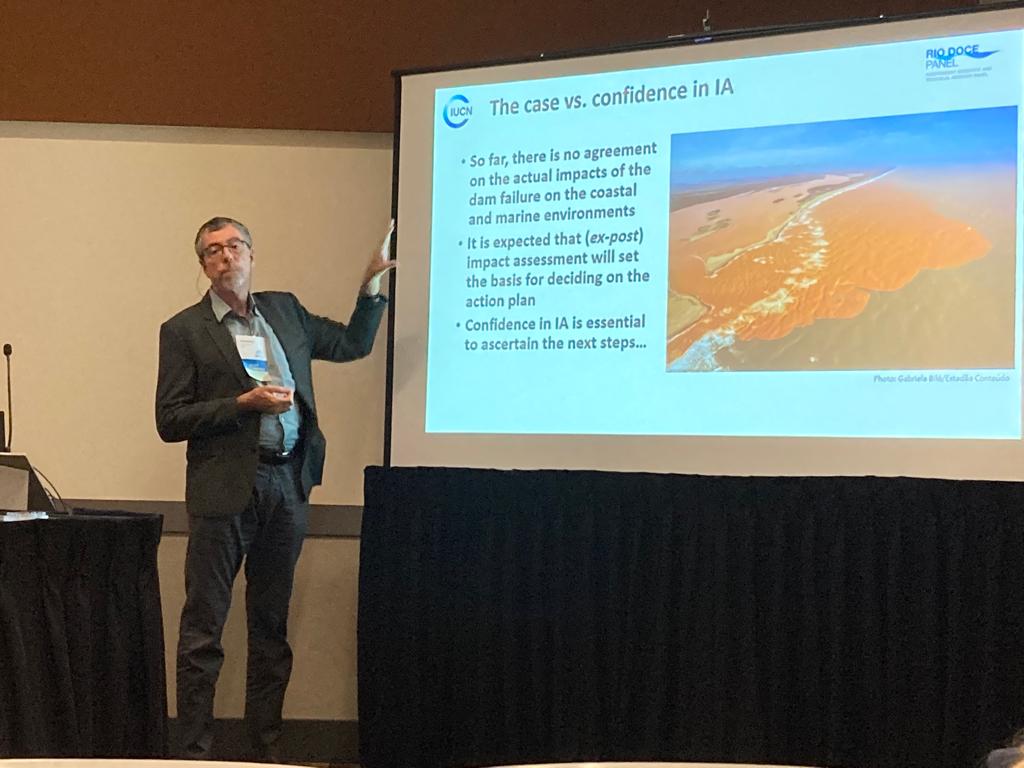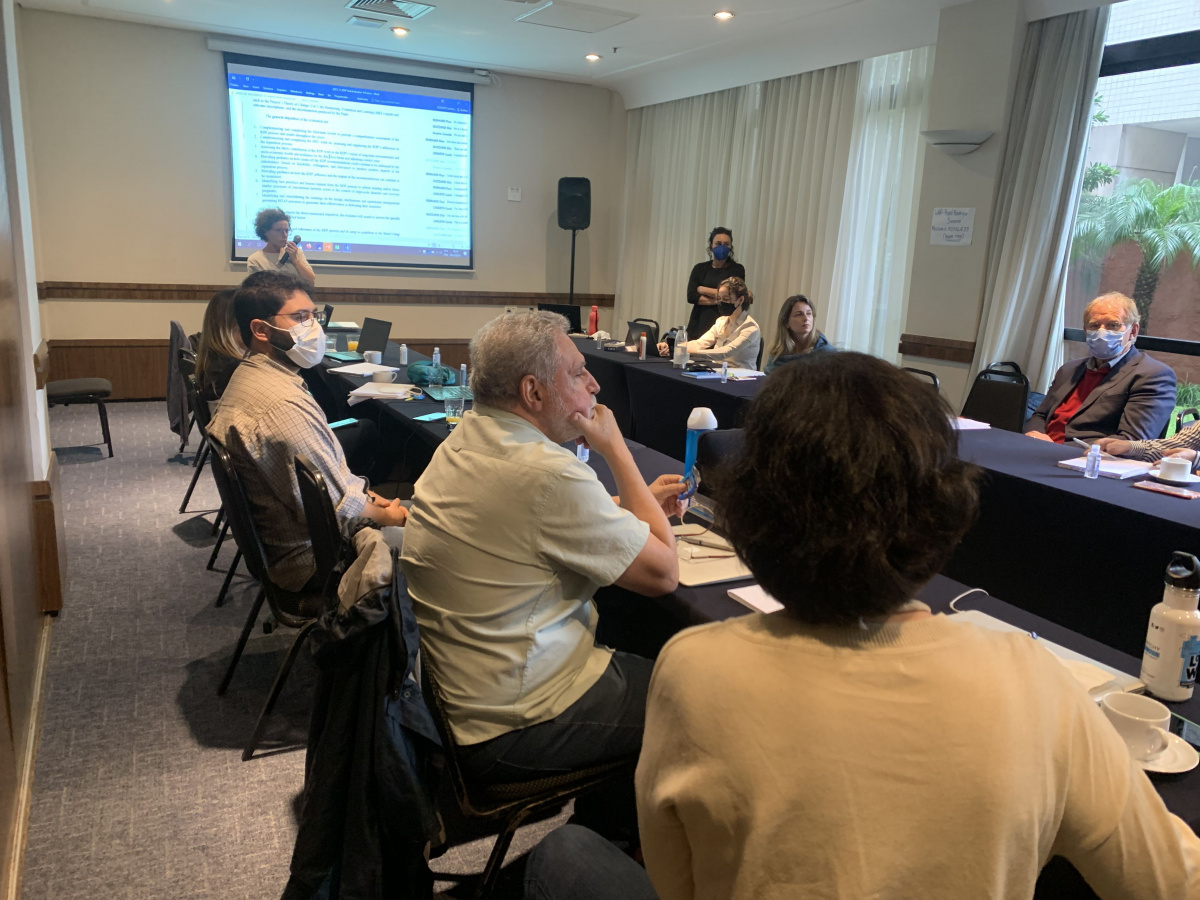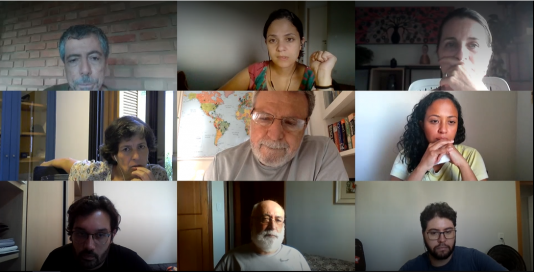Integrating health and environment into the Rio Doce’s recovery efforts is critical for rebuilding the region and its communities, says Rio Doce Panel
The Rio Doce Panel highlights the interlinkage between human health and healthy, sustainable ecosystems.

Photo: Nitro
Belo Horizonte, 13 March 2020 (IUCN) – A more integrated approach to health and environment – one that addresses both historical and new challenges following the tailings dam collapse in the state of Minas Gerais -- is urgently needed to restore the Rio Doce watershed and its affected communities, according to a new paper by the Rio Doce Panel.
The impacts of the 2015 tailings dam collapse exacerbated already altered (or damaged) ecosystems, when a wave of mud swept through the river travelling 670 km to the Atlantic Ocean, endangering people and ecosystem’s health. Previously deposited sediments from industrial activities, combined with untreated sewage and toxic chemicals swept up by the flood, contaminated the landscape, including its water resources.
The paper, Interconnections between human and ecosystem health: an integrative approach for the Rio Doce Basin after the Fundão Dam failure, finds that integrating human and ecosystem health systems have the potential to be more sustainable over time and help promote the prevention of diseases and nature conservation.
“Technical and scientific interventions linked to education and training programmes focused on the interconnections between human health and nature conservation, such as water community monitoring, have the potential to enhance health prevention and good practice in the region,” said Luiza Alonso, the lead author of the paper for the panel. She complements with an example, “It is important to ensure that the local people have the necessary educational programmes and public services available to them to help identify the origin of any potential symptoms.”
The Rio Doce Panel assessed the Renova Foundation’s recent efforts to integrate Renova’s programmes of health and waste management, the Integrated Environmental Management for Health and Environment (GAISMA) project. The Panel acknowledges the importance of GAISMA project, and considers it as one of the means for implement the recommendations of the paper.
Drawing on the growing evidence that underscores the strong links between human and ecosystem health, the panel found a more integrated approach must include building local capacities for monitoring health and environment through the regular collection of information on risk factors related to human diseases. In addition, the panel considers that such activities could help raise awareness about the importance of sanitation and access to safe water in communities.
The panel also argues there must be a greater exchange of data and information on manifestations of health symptoms between communities and health providers.
Finally, the panel presents national and international examples of nature-based solutions -- actions to protect, sustainably manage and restore ecosystems -- along with innovative technologies that could be implemented in the Rio Doce Watershed to enhance water and sewage treatment systems, and produce benefits for the region’s people and nature.
Yolanda Kakabadse, chair of the Rio Doce Panel, explains why this is important. “An integrative approach that includes education about the environment strengthens the interrelationship between local people and health professionals; civic participation is absolutely crucial in building more resilient and healthier landscapes and communities.”
For further information, please contact:
Renata Bennet, UICN Brazil Office, Tel.: +55 61 3 547 2588, Mobile: +55 61 99 275 7859, renata.bennet@iucn.org;



